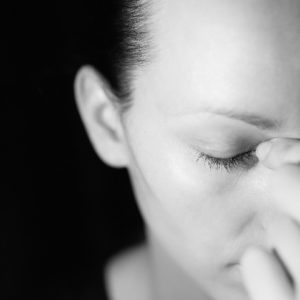
Ecstasy, or MDMA (methylenedioxymethamphetamine), is not difficult to find on college campuses and other party scenes. It has been a popular stimulant drug due to the euphoric high that it creates. However, research has proven that ecstasy is a harmful, dangerous drug that can lead to dependency or addiction. If you or someone you know has become addicted to ecstasy, seek help immediately. Detox from ecstasy is a scary undertaking, but it can be done with the support of a professional rehabilitation center. While treatments vary, rehabilitation for Ecstasy addiction may look something like this:
- Personal evaluation – A team of medical professionals will provide an individual assessment to find the specific needs of each person to create a unique treatment plan.
- Detox – Detox from ecstasy will take place under medical supervision and will take place gradually. While some choose to detox at home, this can be dangerous and even deadly. It is much safer and more likely to be successful in undergoing detox in a medical center.
- Rehab – An essential part of ecstasy detox is attending rehab. Most rehab centers offer individual therapy, group therapy, family therapy, creative therapy, and education. Education often provides training on things like relapse prevention and emotional coping techniques.
- Aftercare – Once rehab has beencompleted, continued care must be provided to avoid relapse. Aftercare options include things like sober living homes and alumni meeting groups.

Ecstasy Withdrawal Symptoms
When someone dependent on or addicted to Ecstasy stops using the drug, they will experience withdrawal symptoms. Some symptoms of ecstasy withdrawal include:
- Paranoia
- Depression
- Anxiety
- Hallucinations
- Panic attacks
- Mood swings
- Fatigue
- Irritability and hostility
- Insomnia
- Loss of appetite
While the withdrawal effects of ecstasy are unpleasant and uncomfortable, it is a crucial part of recovery. Ecstasy withdrawal symptoms can be more bearable with the support of a professional rehab center.
Facing Ecstasy Withdrawal and Detox with Professional Help
Withdrawal effects of ecstasy will vary based on:
- Amount of ecstasy taken
- The length of time ecstasy has been used
- Severity of addiction
Regardless of how bad the addiction is, help is available from professional rehabilitation centers. Ecstasy withdrawal symptoms can be better managed with the help of medication prescribed by medical professionals. While traveling away from your home may be intimidating, sometimes getting away from family and friends can aid in the recovery process. United Recovery Project in Florida offers substance abuse treatment for those suffering in other cities and states and is available for you now. For more information, visit their website here.
